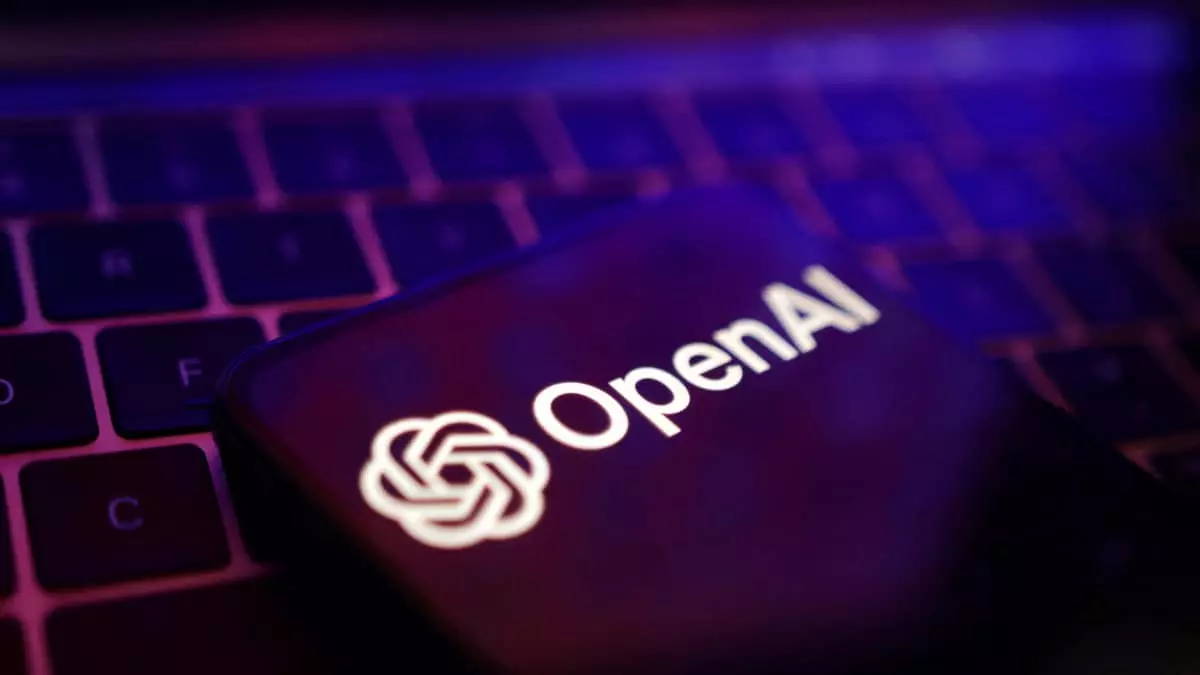In an increasingly digital landscape, five prominent Canadian news media organizations have initiated legal proceedings against OpenAI, the creator of the popular AI model ChatGPT. The lawsuit was launched on a Friday, highlighting concerns over intellectual property rights as the organizations accuse the AI developer of exploiting their content without proper authorization. This action mirrors a broader trend where various stakeholders, including artists, authors, and music publishers, are challenging tech companies regarding the use of their work for training artificial intelligence systems.
The media companies involved—Torstar, Postmedia, The Globe and Mail, The Canadian Press, and CBC/Radio-Canada—assert that OpenAI has routinely scraped their news articles to develop its AI tools, infringing upon copyright laws. They argue that such actions prioritize corporate profits over journalistic integrity and the public interest, emphasizing that the unauthorized use of their work is not only unethical but also illegal. Their collective statement underscores a stark belief: practicing journalism should come with respect for intellectual property rights, and using that work for commercial gain without sharing any revenues contradicts fair use principles.
In light of the escalating tensions surrounding AI training data and copyright, this lawsuit is set against the backdrop of recent judicial decisions that are shaping the contours of this new battleground. A case in New York, which alleged that OpenAI misused content from publications like Raw Story and AlterNet, was dismissed, potentially emboldening the AI company. However, the Canadian firms’ approach is straightforward: they call for a financial settlement as well as a permanent ban on the appropriated use of their materials. Their filing delineates a clear stance—OpenAI’s reliance on others’ journalism is viewed as a blatant appropriation of their intellectual property.
In response to these allegations, OpenAI has framed its practices within the bounds of fair use, arguing that its models are built primarily on publicly available data. An OpenAI spokesperson noted that the organization seeks to work collaboratively with news publishers, offering them options to opt-out from the use of their content. This defense raises critical questions about what constitutes fair use in the context of advancing AI technologies, a debate that remains unresolved as creators seek clearer frameworks to safeguard their works.
The implications of this case are significant, not only for the parties involved but for the entire media and technology ecosystem. With tech giants like Microsoft backing OpenAI, the potential for an uneven playing field looms large. Furthermore, tensions are heightened as notable figures like Elon Musk expand their legal claims to include these corporations, alleging monopolistic practices that may stifle competition in the generative AI market. The intersection of journalism, technology, and law is becoming an increasingly treacherous landscape, demanding careful navigation and a re-evaluation of existing legal norms.
The outcomes of these legal challenges could ultimately reshape how AI systems engage with creators’ works, highlighting the urgent need for legislative revisions that can address the unique scenarios posed by modern digital practices. As this case unfolds, it raises crucial questions about the future of both journalism and AI, making it a pivotal moment in understanding the interplay of rights, innovation, and ethical responsibility in the information age.


Leave a Reply